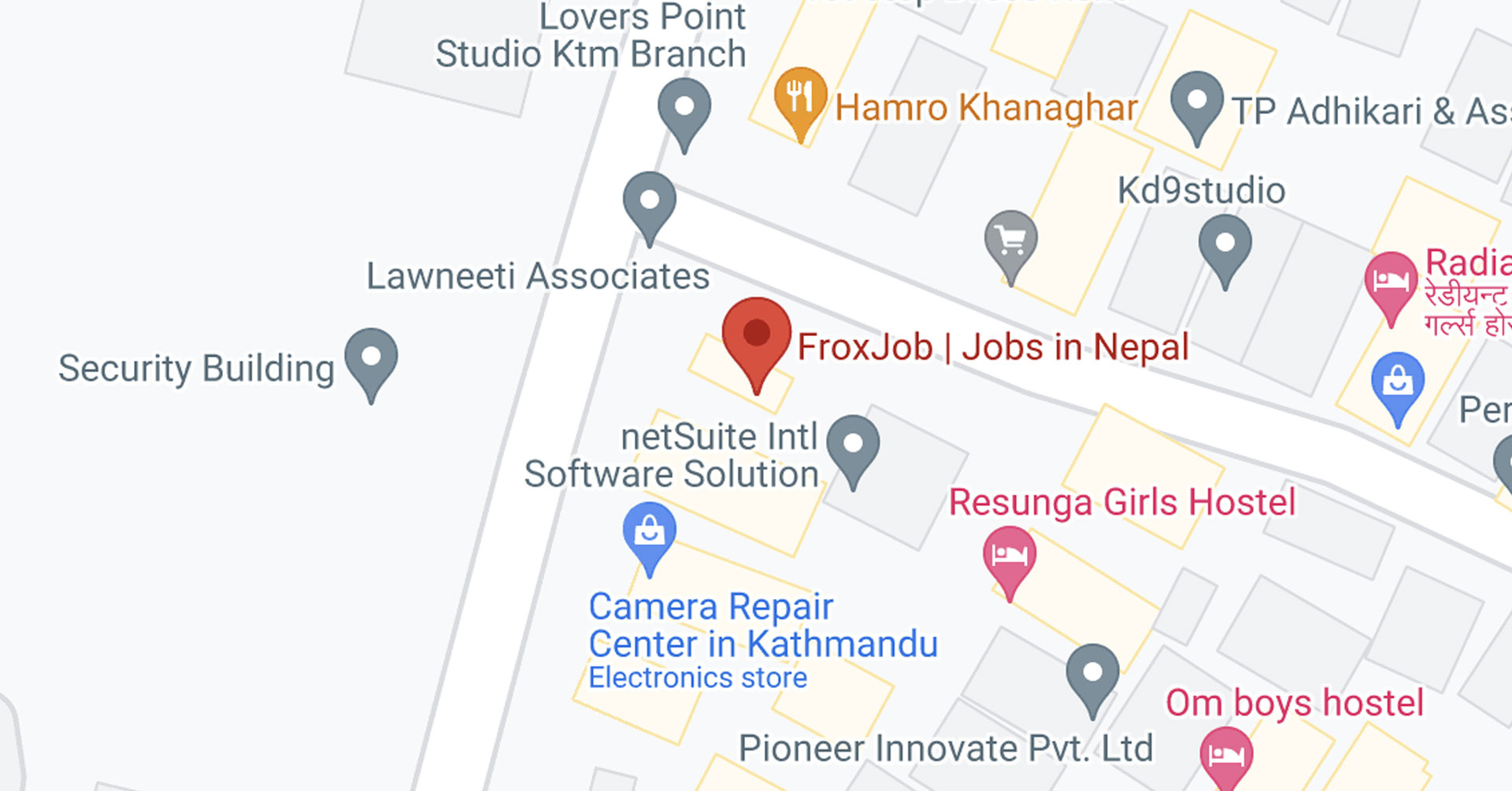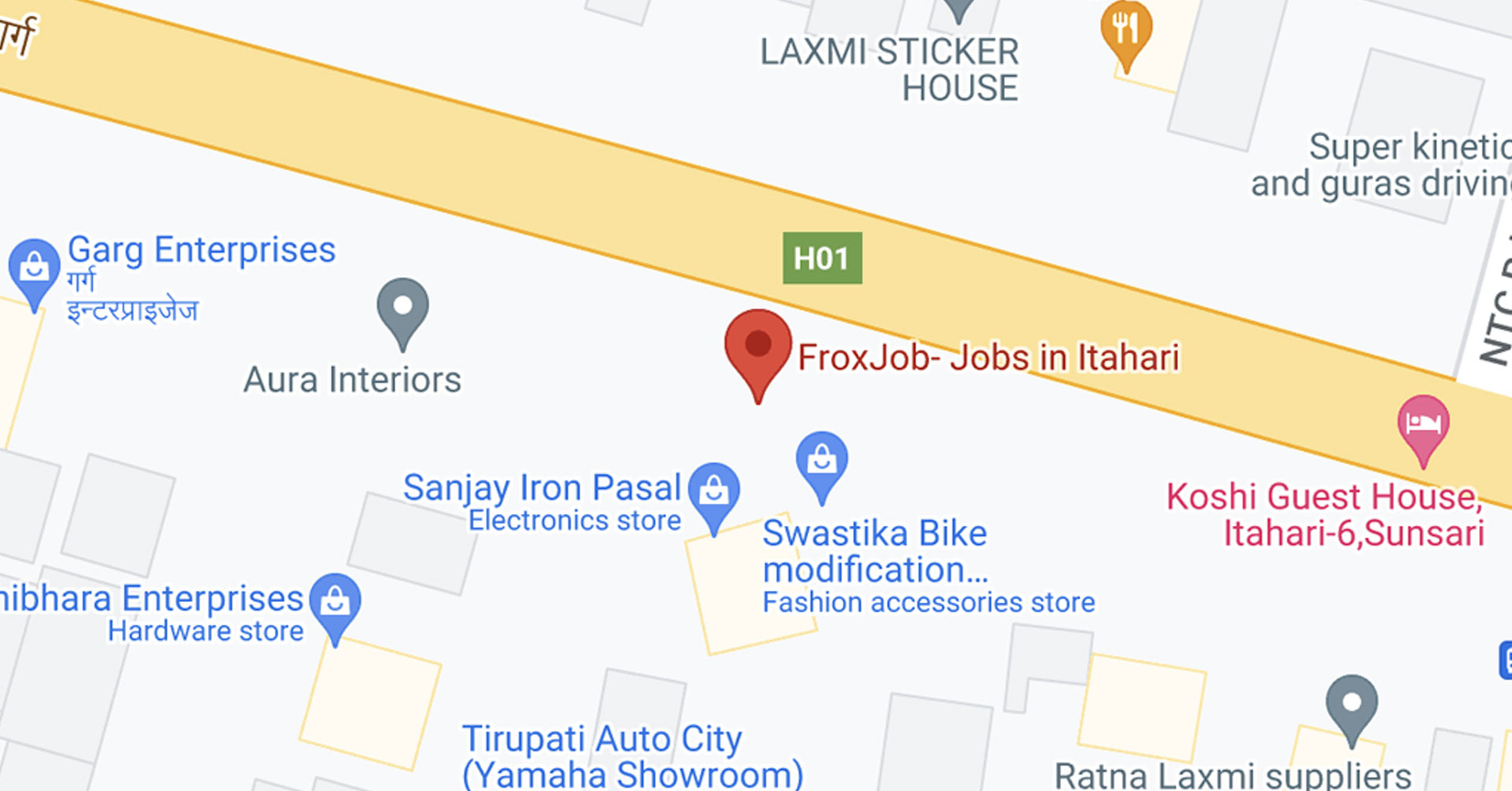Minimum Wage in Nepal 2025 – Complete Guide for Employers and Workers

The Government of Nepal has announced a revised minimum wage for workers and employees across all sectors, effective July 15, 2025 (Shrawan 1, 2082 BS). This decision, made through a tripartite agreement between the government, employers, and trade unions, aims to ensure fair pay, protect labor rights, and address the rising cost of living.
In this detailed guide, we explain the new wage structure, legal requirements, SSF contributions, and the implications for both employers and employees.
New Minimum Wage Structure in Nepal 2025
The revised wage includes both a basic salary and a dearness allowance to help workers cope with inflation. Below is the updated breakdown:
| Category | Basic Salary (NPR) | Dearness Allowance (NPR) | Total Monthly Wage (NPR) | Daily Wage (NPR) | Hourly Wage (NPR) | Part-time Hourly Wage (NPR) | Remarks |
|---|---|---|---|---|---|---|---|
| General Workers (excluding tea estate) | 12,170 | 7,380 | 19,550 | 754 | 101 | 107 | Revised as per Ministry of Labour |
Social Security Fund (SSF) Contribution Requirements
Alongside the revised wage, Social Security Fund contributions remain mandatory. Employers and employees must contribute a total of 31% of the basic salary, divided as follows:
- Employer’s contribution: 20%
- Employee’s contribution: 11%
Employers are legally responsible for deducting the employee’s share and depositing the total contribution to the SSF within the prescribed timelines.
Effective Date and Compliance Requirements
The new wage structure comes into effect on July 15, 2025. Employers must:
- Update payroll systems to reflect the revised wages
- Ensure timely SSF deposits
- Revise employment contracts where necessary
- Maintain compliance records to avoid legal disputes
Failure to comply can lead to fines, legal action, and damage to business reputation.
Why the Minimum Wage Was Revised
The Labour Act, 2074 (Section 107) mandates the revision of minimum wages every two years. The adjustment is based on:
- Inflation rates
- Cost of living index
- Recommendations from the Minimum Wage Fixation Committee
- Consultation with trade unions and employer associations
This process ensures that wages remain fair, equitable, and aligned with the country’s economic realities.
Legal Framework for Minimum Wage in Nepal
Under the Labour Act, 2074, employers must adhere to the following:
- Mandatory compliance with government-declared minimum wages
- Wages must consider cost of living and inflation trends
- Non-compliance can lead to financial penalties and possible legal prosecution
- Wage changes must be communicated to employees in writing
The Act empowers the Ministry of Labour to inspect workplaces and enforce compliance.
Impact on Employers
Employers must prepare for:
- Higher payroll expenses
- Adjustments in operational budgets
- Restructuring workforce budgets to accommodate the increase
- Updating HR and payroll policies
- Ensuring full compliance to avoid penalties
While the wage increase may raise operational costs, compliance safeguards against legal risks and boosts employee retention.
Impact on Employees
For employees, the wage revision means:
- Increased income to match the rising cost of living
- Better job satisfaction and retention
- Improved quality of life with higher purchasing power
- Enhanced financial security through SSF contributions
This revision is particularly significant for low-income workers, helping them cope with inflation, rent hikes, and basic needs.
Steps Employers Should Take Before July 15, 2025
- Review existing salary structures to ensure all workers meet or exceed the new minimum wage.
- Update employment contracts where necessary.
- Adjust payroll software to reflect new rates.
- Communicate changes to employees formally.
- Train HR and accounting teams on compliance requirements.
- Budget for SSF contributions in line with the increased basic salary.
Penalties for Non-Compliance
Non-compliance with minimum wage laws can result in:
- Fines imposed by the Labour Office
- Legal action from employees or trade unions
- Reputational damage that affects recruitment and retention
- Potential suspension of operations in extreme cases
Conclusion
The minimum wage revision in Nepal for 2025 is a critical development for both employers and workers. It reflects the government's commitment to protecting labor rights, addressing inflation, and promoting fair pay. Employers must act promptly to ensure compliance, while employees can look forward to improved financial security and a better standard of living.





